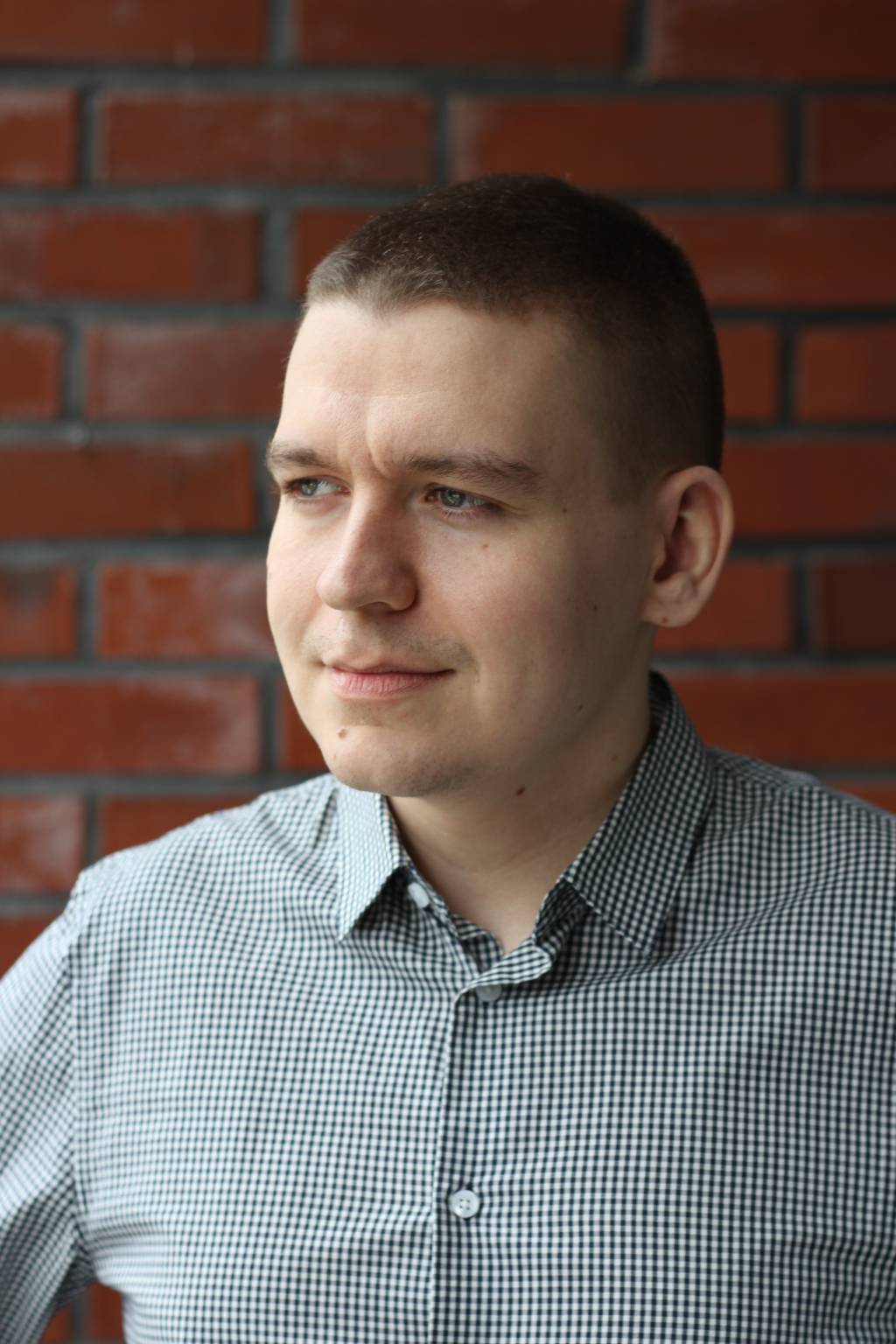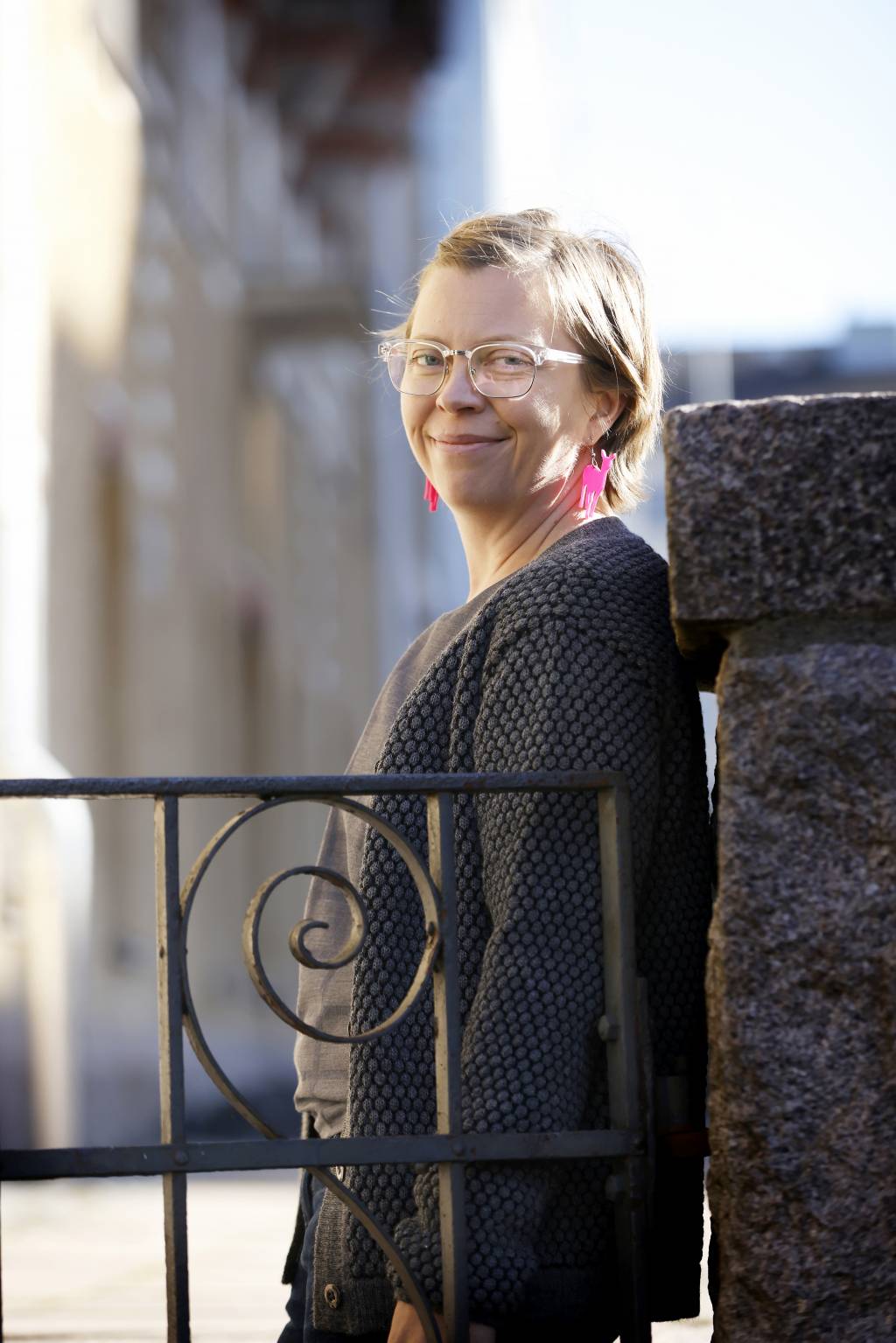Keynote speakers

Kadri Aavik
Kadri Aavik is an Associate Professor of Gender Studies at Tallinn University, Estonia. She recently completed postdoctoral research in the Gender Studies unit at the University of Helsinki, in the project “Climate Sustainability in the Kitchen: Everyday Food Cultures in Transition” (2018-2022). She works in gender studies (with a focus in critical studies on men and masculinities), critical animal studies, vegan studies, and their intersections. Her current research focuses on vegan men and masculinities. She has co-edited the book Men, Masculinities and the Modern Career Contemporary and Historical Perspectives (2020, De Gruyter), with Clarice Bland, Josephine Hoegaerts and Janne Salminen. She is currently co-editing the book Feminist Animal and Multispecies Studies: Critical Perspectives on Food and Eating, with Kuura Irni and Milla-Maria Joki, to be published in the Brill Critical Animal Studies Series.
Keynote 3: Friday 4th of November at 10.00-11.00 Contesting Anthropocentric Masculinities through Men’s Veganism
The current multiple and interrelated social and ecological crises of global dimensions have been largely brought on and exacerbated by anthropocentric masculinities and unsustainable practices of privileged Western men. Eating animals on a massive scale causes the suffering and death of billions of animals annually and is among the key drivers of climate change. Men’s meat consumption exceeds that of other genders globally and hegemonic masculinities are invested in the consumption of animals as a manifestation of men’s domination over nature. Given this reality, men should be expected to play a key part in efforts to mitigate these crises. To move towards more sustainable and ethical ways of relating to other human and nonhuman beings requires a transformation in men’s practices and ideals of masculinity. This talk focuses on the potential of men’s veganism to support the goals of social and animal justice. Drawing on empirical research involving 61 vegan men based in Finland and Estonia, I argue that vegan men and vegan masculinities could offer an alternative to unsustainable anthropocentric ideals of masculinity and that men’s veganism could support the emergence of more egalitarian gender relations and social justice.

Henri Hyvönen
Henri Hyvönen is currently a postdoctoral researcher at the Department of Social Sciences at the University of Eastern Finland in the Formations of Hybrid Manhood in the Experience Economy (EXMEN) project funded by the Kone Foundation. Hyvönen defended his doctoral dissertation Men, Work, and Care of the Self: Hybrid Masculinities in Finnish Working Life at the University of Helsinki in spring 2021. His research interests encompass theoretical and empirical examinations of men and masculinity as well as men’s bodies, embodiment, body work, and health behaviors in the contexts of work and organizations. He is also a board member of the Finnish Association for Men’s Studies.
Keynote 2: Thursday 3rd of November at 17.15-18.00 Are Caring Masculinities Caring After All? Considering the Potential Gap Between the Concept of Caring Masculinity and the Ascending Public Discourse of “Toxic Masculinity”
The 2010s saw the rise of two significant concepts into the discussion about men, namely caring masculinity and toxic masculinity. Recent critical studies on men and masculinities have emphasized hollow femininities as means of maintaining social power for white, heterosexual, middle-class men. Concurrently, popular discourse on men has located men’s masculinisms and visible performances of masculinity at the heart of gender inequality. Despite how internally rich these two discussions are, connections between them have remained surprisingly underdeveloped. Some men’s studies scholars have pointed out that some men who identify as “nice guys” mobilize this identity in ways that do not support gender equality. Yet, there has also been remarkable optimism about the gender-progressive effects of caring masculine identities. In this presentation, my task is to provide an account of how the growing importance of manifold types of “care” in current societies, organizations, and public discussion shape and are shaped by men and masculinities. I aim to deconstruct the dichotomy between men’s power, often associated with dominance, harm, and inequality, and men’s caring capabilities by showing that caring relations are power relations that can produce dominance, harm, and inequality.

Marja Peltola
Marja Peltola is University Lecturer in Gender Studies at Tampere University. She is a sociologist by background and holds a Title of Docent in Sociology at University of Helsinki. Her research interests relate to intersectionality, gender, racialisation, youth and personal relationships. She is currently engaged with the project “Contested Consent: Social and Digital Borders and Orders of Intimacy in Young People’s Romantic Engagements” (Academy of Finland 2019–2023) and in her earlier career, she has studied for instance local and everyday consequences of school segregation at Faculty of Educational Sciences, University of Helsinki, and intergenerational negotiations on gendered social control in multiethnic contexts at the Finnish Youth Research Society. Her talk draws from the joint project Masculinities and Ethnicities in New Times with professor Ann Phoenix (University College London) at the Helsinki Collegium of Advanced Studies in 2017–2018. The project was conducted at three Helsinki schools and it focused on masculinities as plural, relational and intersectional in 12–15-year-olds’ interview narratives.
Keynote 4: Friday 4th of November at 11.00-11.45 Young Masculinities and White Innocence. Multiethnicity in 12–15-year-old White Finnish Boys’ Narratives
Today’s young people are sometimes imagined as a new generation who will grow up to value diversity and equality and leave behind racism as well as problematic “toxic” masculine practices. Drawing from a study of masculinities in 12- to 15-year-olds in Helsinki, I will examine how white Finnishness and masculinities intersect in white Finnish boys’ narratives on multiethnicity, and how they position themselves and others in terms of masculinities, Finnishness, and racism. I will argue that while the boys widely embraced egalitarianism and multicultural ideologies in the interviews, the norm of whiteness was unquestioned, making the contradictions characteristic of white innocence (Wekker 2016) central to their narratives. The combination of white Finnishness, male gender and egalitarian ideas allowed the white Finnish boys to occupy an unquestioned and unproblematic position of “ordinary boys”, while they constructed other than Finnish masculinities as either excessive or feminine, legitimized racialized and racist name-calling in the context of joking as masculine performativity, and saw multiethnicity and racism as phenomena largely irrelevant to themselves.

Andrea Waling
Dr Andrea Waling is a Senior ARC DECRA Research Fellow at the Australian Research in Sex, Health, and Society at La Trobe University, Australia. She undertakes several qualitative and mixed-methods research projects focused on explorations of men, sexuality, and bodies; young people and sexual literacy, technologies, sex, and sexual intimacy, and LGBTIQ+ health and well-being. Many of these projects engage in community consultations and co-production of knowledge, and centred around social justice issues to ensure better health and wellbeing outcomes for marginalised communities. Dr Waling is co-leading a program of research at ARCSHS focusing on the intersections of technology, sex education and digital literacies, gender, sexuality, and sexual intimacies. Her DECRA (2020-2023) research project, Men, Sex and Intimacy explores how young, heterosexual men in Australia are navigating and negotiating intimacy, sex, and consent in wake of #MeToo politics and awareness around sexual violence against women. To date she has attracted over $1.4 million AUD in competitive funding, and has over 70 publications. She has earned several awards for her research, most recently the La Trobe University Excellence in Research Impact (2021) for the Understanding LGBTI+ Lives in Crisis project.
Keynote 1: Thursday 3rd of November at 11.00-12.00 Understanding Cisgender Heterosexual Men, Sex, and Intimacy: New Theoretical and Empirical Directions
Contemporary understandings of masculinity and heterosexuality shape how we think about, conceptualise, and understand cisgender heterosexual men’s engagements with sex and associated sexual practices. Such understandings highlight how masculinity and heterosexuality can negatively influence men’s behaviours, from limited engagement with their sexual health and wellbeing, to their perpetuation of sexual violence. However, social transformations are reshaping how cisgender, heterosexual men are navigating sex, consent, sexual communication, and intimacy with women. From the rise of the use of dating apps, to increased visibility about the importance of sexual consent, to greater social repercussions attributed to men who harm others all mark important shifts in understanding sexual relations between men and women. In this talk, I explore these relations in depth. I begin by examining the contemporary theories we use to understand men’s masculinity and sexual practices, outlining where they fail to understand men’s experiences of embodiment, pleasure, and intimacy. I then offer a way through this gap in theorising men’s experiences of sex and intimacy by focusing on aspects of emotional reflexivity, heterodoxies, reparative readings, and play. I conclude with paying attention to how these concepts might begin to make sense of men and women’s lived experiences of sex and intimacy.
